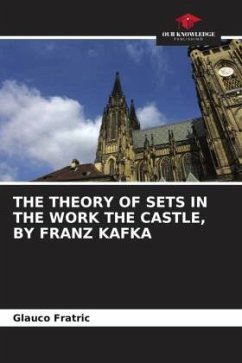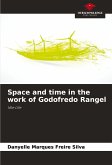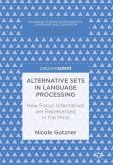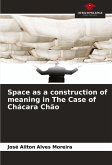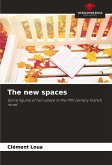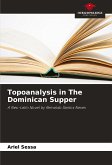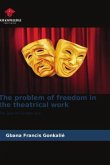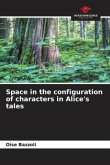The present work is centered on the study of the narrative of the novel The Castle, written in 1922, by the Czech writer Franz Kafka. Through the formal analysis of the work in question, it aims to establish relationships between aspects present in the narrative that have metaphorical associations with themes in the author's daily life and, consequently, the modern man, and that have a negative connotation, such as power, symbolized by bureaucracy, divinization and space. Based on this premise, we propose to relate these themes to the set theory of mathematics, in which a larger set contains a smaller set, the latter acting in turn as a subset of the former. It is proposed to make an analogy of the set power and its negative approach as power with the subset bureaucracy, which is closely related to the former, and which has an intersection with the subsets divinization and space. Finally, we will emphasize the universality of Kafka's work, which enables the realization of the most diverse thematic analogies, not only those presented here in the form of sets and subsets, due to the fact that his text is multifaceted in terms of themes.

